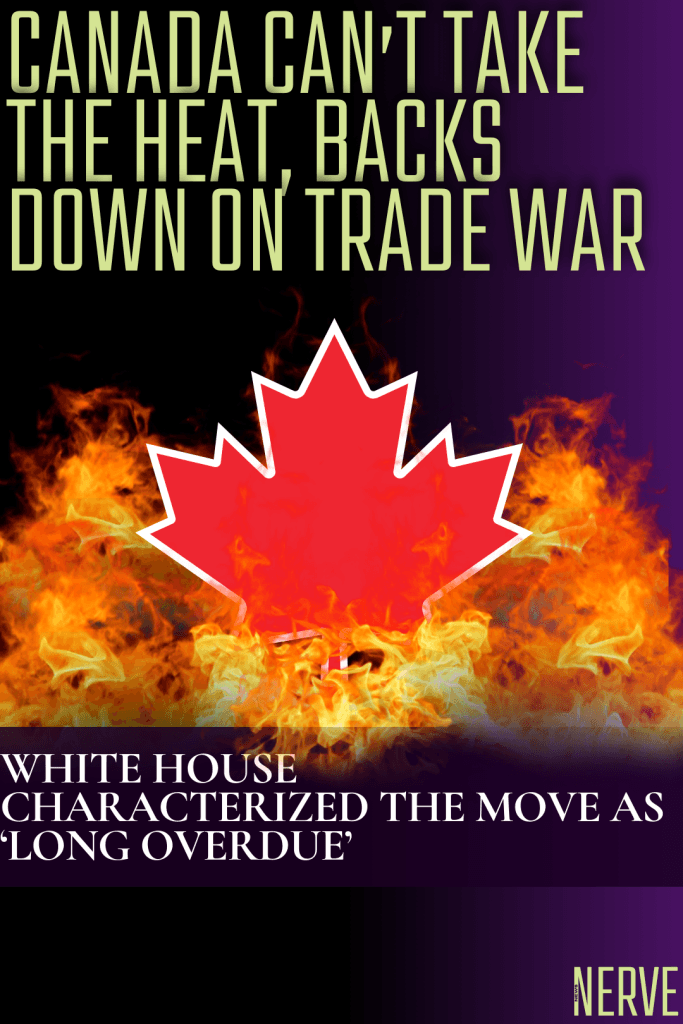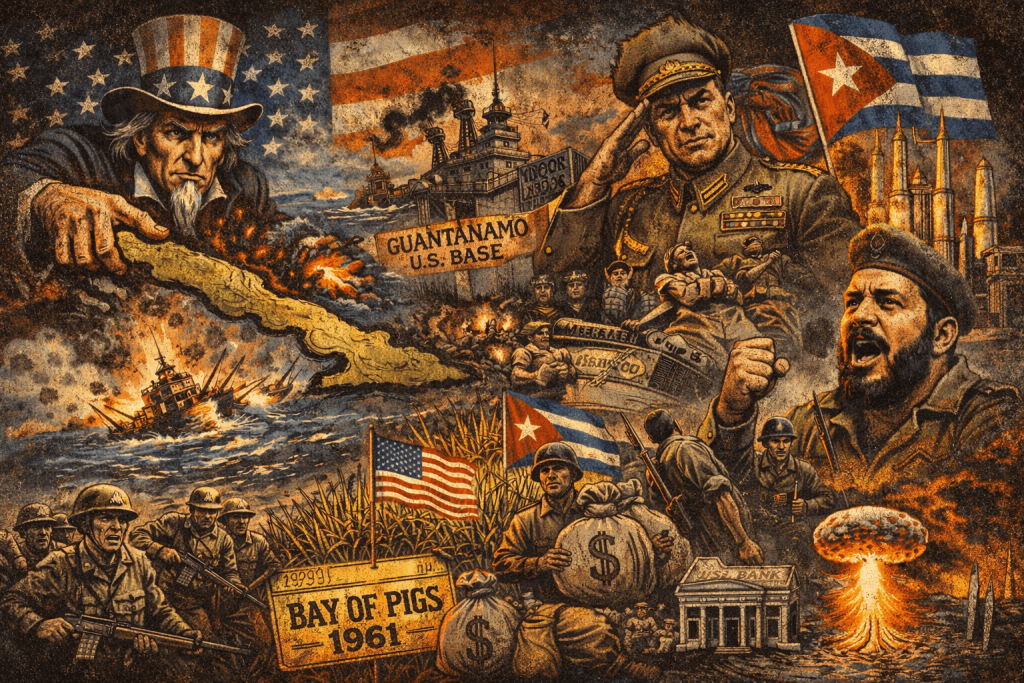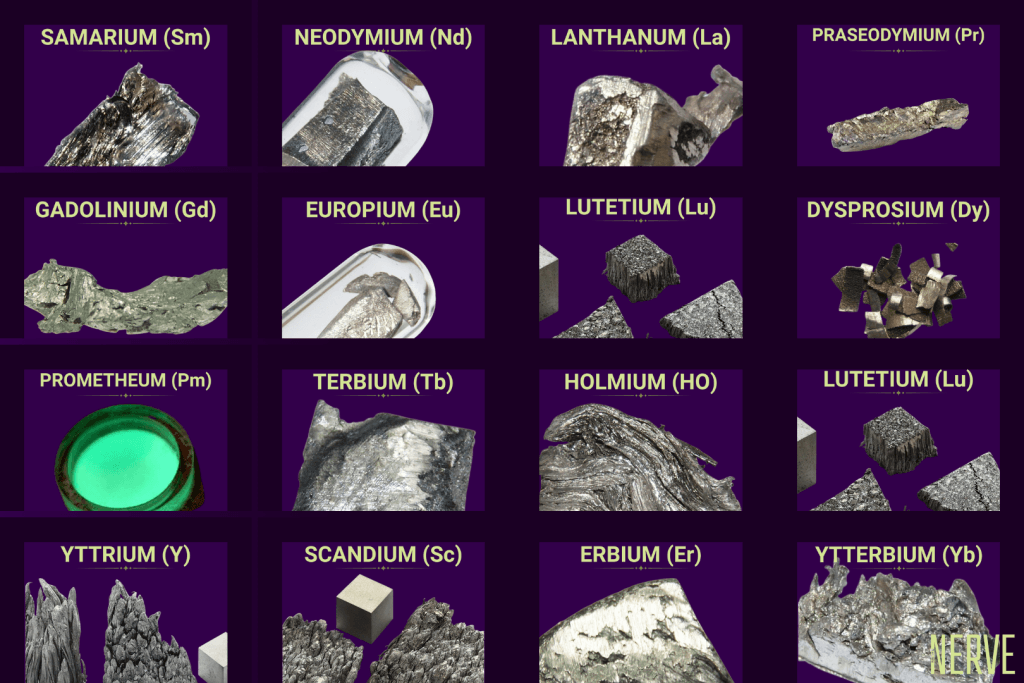Canadian Prime Minister Mark Carney announces the removal of most retaliatory tariffs against U.S. goods following a productive phone call with President Trump, while maintaining levies on strategic sectors including steel, aluminum, and automobiles.
Canada announced Friday it will remove the majority of its retaliatory tariffs on U.S. goods, marking what officials called a significant step forward in resetting the fractured trade relationship between the North American neighbors. The move comes after months of escalating tensions that saw both countries impose dueling tariffs worth billions of dollars.
Canadian Prime Minister Mark Carney revealed the decision during a press conference on Parliament Hill, explaining that most of the 25 percent counter-tariffs imposed in March will be lifted effective September 1. However, Canada will maintain its tariffs on strategic sectors including U.S. automobiles, steel, and aluminum products for the time being.
Strategic Focus on Key Sectors
“As we work intensively with the United States, our focus is squarely on the strategic sectors,” Carney told reporters, emphasizing that Canada believes it has “the best trade deal out of all of the countries working with the U.S.” The decision affects tariffs that Canada had imposed on approximately $30 billion worth of U.S. goods under the previous Trudeau administration.
The announcement followed what Carney’s office described as a “productive and wide-ranging” phone call with President Trump on Thursday – the first known direct conversation between the two leaders since failed negotiations before the August 1 tariff deadline. During the call, Trump reportedly assured Carney that dropping the retaliatory tariffs would kick-start comprehensive negotiations between the two countries.
Canada’s swift retaliation in March had targeted a broad range of American products including spirits, appliances, apparel, footwear, motorcycles, cosmetics, and certain pulp and paper products. The escalation came after the U.S. imposed 25 percent tariffs on Canadian goods under Trump’s International Emergency Economic Powers Act, citing concerns over border security and fentanyl trafficking.
A White House official characterized Canada’s move as “long overdue,” while business leaders on both sides of the border expressed cautious optimism about renewed dialogue. The changes come as the U.S.-Mexico-Canada Agreement faces a scheduled review later this year, potentially providing a framework for broader trade discussions.
ICYMI: Mexico Secures 90-Day Reprieve
Mexico Negotiates Temporary Tariff Suspension
Mexico achieved a significant diplomatic victory in July by securing a 90-day suspension of Trump’s planned 30 percent tariff increase that was set to take effect August 1. The last-minute agreement, announced just one day before the tariffs were scheduled to begin, provides breathing room for both countries to negotiate a new trade framework.
As part of the bilateral agreement, Mexico committed to immediately eliminate all non-tariff barriers affecting U.S.-origin products, addressing longstanding American complaints about market access restrictions. Both governments also pledged to initiate negotiations for a new comprehensive trade agreement within the 90-day window, though the suspension does not affect existing tariff treatments under the U.S.-Mexico-Canada Agreement.
The temporary reprieve reflects Mexico’s more diplomatic approach throughout the trade disputes this year, contrasting with the more confrontational stance initially taken by Canada. Mexican officials have remained optimistic that a permanent agreement can be reached before the suspension expires.




